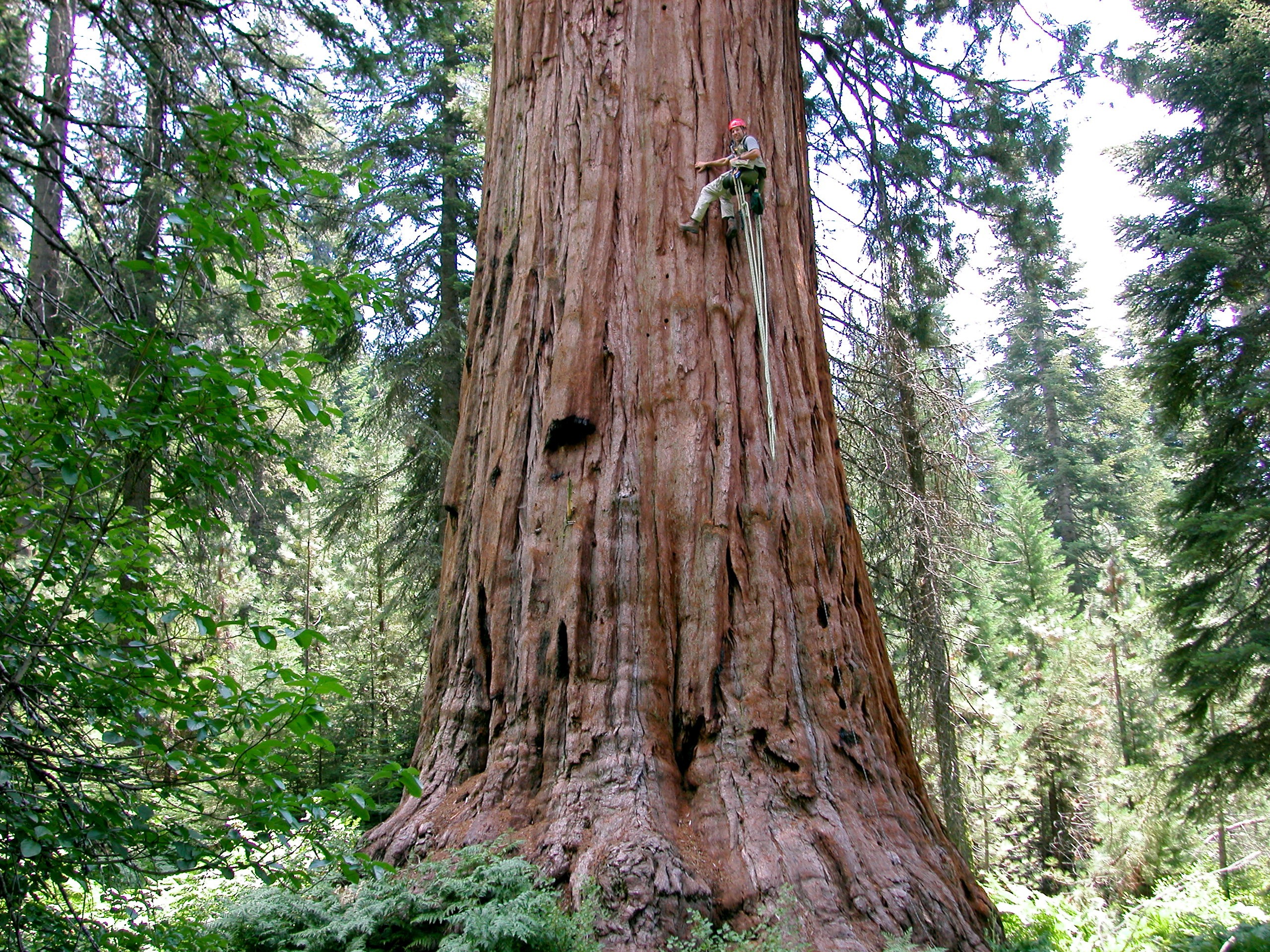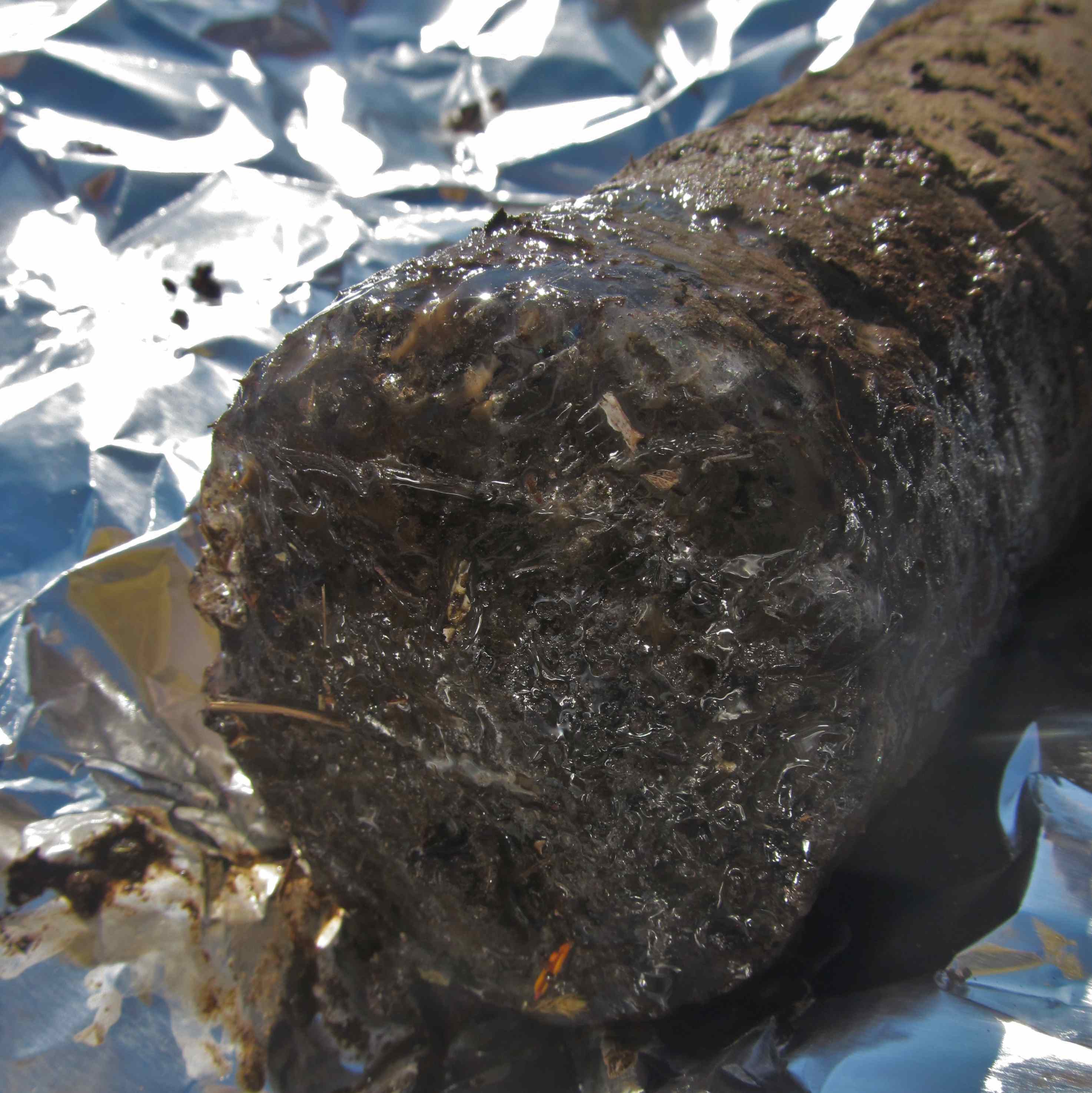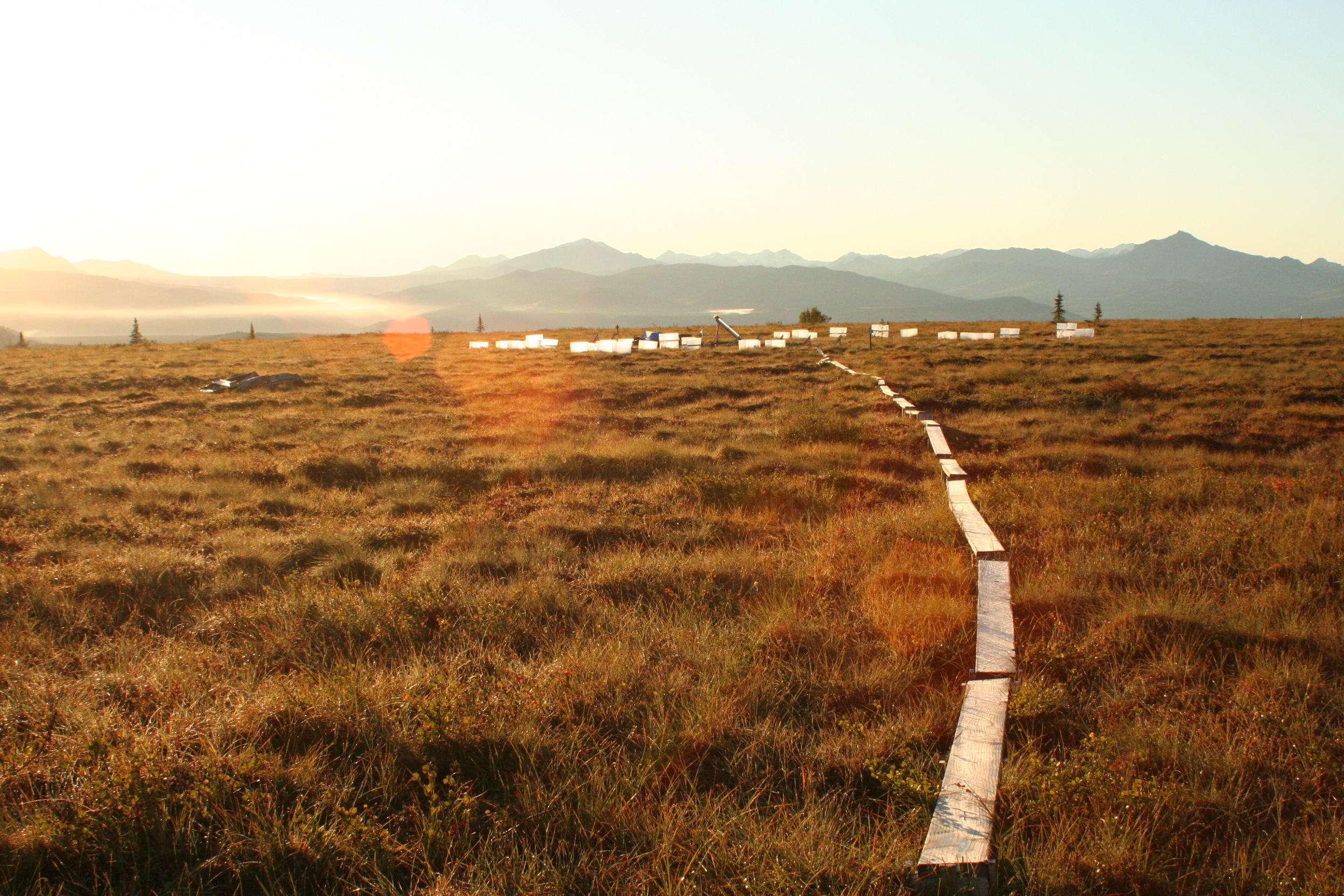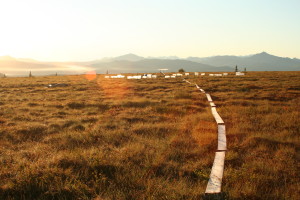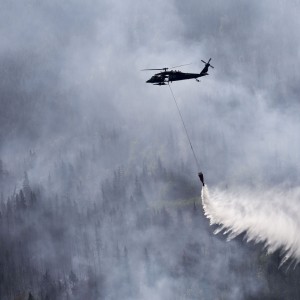Nitrogen Removal by Stormwater Management Structures: A Data Synthesis
A comprehensive synthesis of data from empirically based published studies and a widely used stormwater best management practice (BMP) database were used to assess the variability in nitrogen (N) removal performance of urban stormwater ponds, wetlands, and swales and to identify factors that may explain this variability. While the data […]
